Introduction
In today's fast-paced marketplace, the significance of consumer product testing cannot be overstated. Every day, consumers make choices based on the perceived quality and safety of products, making it crucial for manufacturers to ensure their offerings meet rigorous standards. A reliable consumer product testing company plays a pivotal role in this process, helping businesses navigate the complex landscape of regulations and expectations.
The Importance of Consumer Product Testing
Consumer product testing is essential for maintaining high standards in safety and functionality. It not only protects consumers from potential hazards but also empowers companies to refine their products based on empirical data. When a consumer product testing company verifies a product’s safety and efficacy, it not only boosts the manufacturer's credibility but also enhances customer satisfaction.
How Quality Assurance Shapes Market Success
Quality assurance is more than just a regulatory requirement; it's a strategic advantage that can shape market success. Companies that prioritize quality assurance are often rewarded with loyal customers who trust their brand, leading to repeat purchases and positive word-of-mouth advertising. By partnering with a reputable consumer product testing company, businesses can ensure compliance with industry standards while fostering an environment of continuous improvement.
The Role of Testing Labs in Consumer Safety
Testing labs serve as the gatekeepers of consumer safety by conducting thorough evaluations before products reach the market. These labs utilize advanced methodologies to assess everything from chemical composition to mechanical durability, ensuring that products are safe for public use. The involvement of a trusted consumer product testing company not only mitigates risks associated with faulty products but also reassures consumers that they are making informed choices.
What is a Consumer Product Testing Lab?
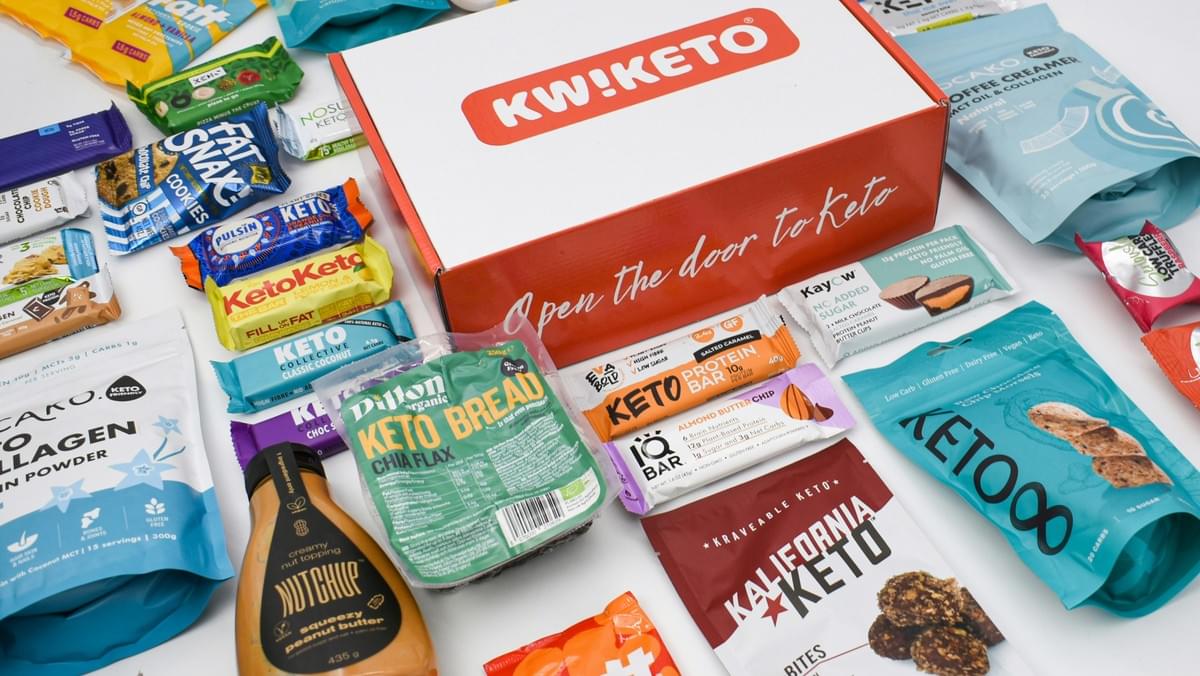
Consumer product testing labs are specialized facilities dedicated to evaluating the safety, quality, and performance of various consumer products. Their primary purpose is to ensure that products meet established safety standards and regulatory requirements before they reach the market. By engaging a reputable consumer product testing company, manufacturers can mitigate risks associated with product failures and enhance consumer trust.
Definition and Purpose of Testing Labs
A consumer product testing lab is defined as an independent facility equipped to conduct rigorous assessments on a wide range of products, from electronics to toys and household items. These labs play a crucial role in validating claims made by manufacturers regarding their products’ performance and safety features. The ultimate goal is to protect consumers from potentially hazardous products while providing manufacturers with valuable insights for improvement.
Overview of Testing Processes
The testing processes employed by consumer product testing companies typically begin with a comprehensive review of the product specifications and intended use. Following this initial assessment, various tests are conducted, which may include mechanical stress tests, chemical analysis, or usability evaluations—depending on the nature of the product in question. Once all evaluations are complete, detailed reports outlining findings and recommendations are generated for both manufacturers and regulatory bodies.
Key Standards and Regulations
Consumer product testing labs adhere to several key standards and regulations that govern safety practices across different industries. Organizations such as ASTM International (formerly known as the American Society for Testing and Materials) set forth guidelines that many testing labs follow rigorously to ensure compliance with legal requirements. Additionally, international standards like ISO help harmonize practices across borders, making it easier for companies to market their products globally while assuring consumers about quality.
Top Consumer Product Testing Companies
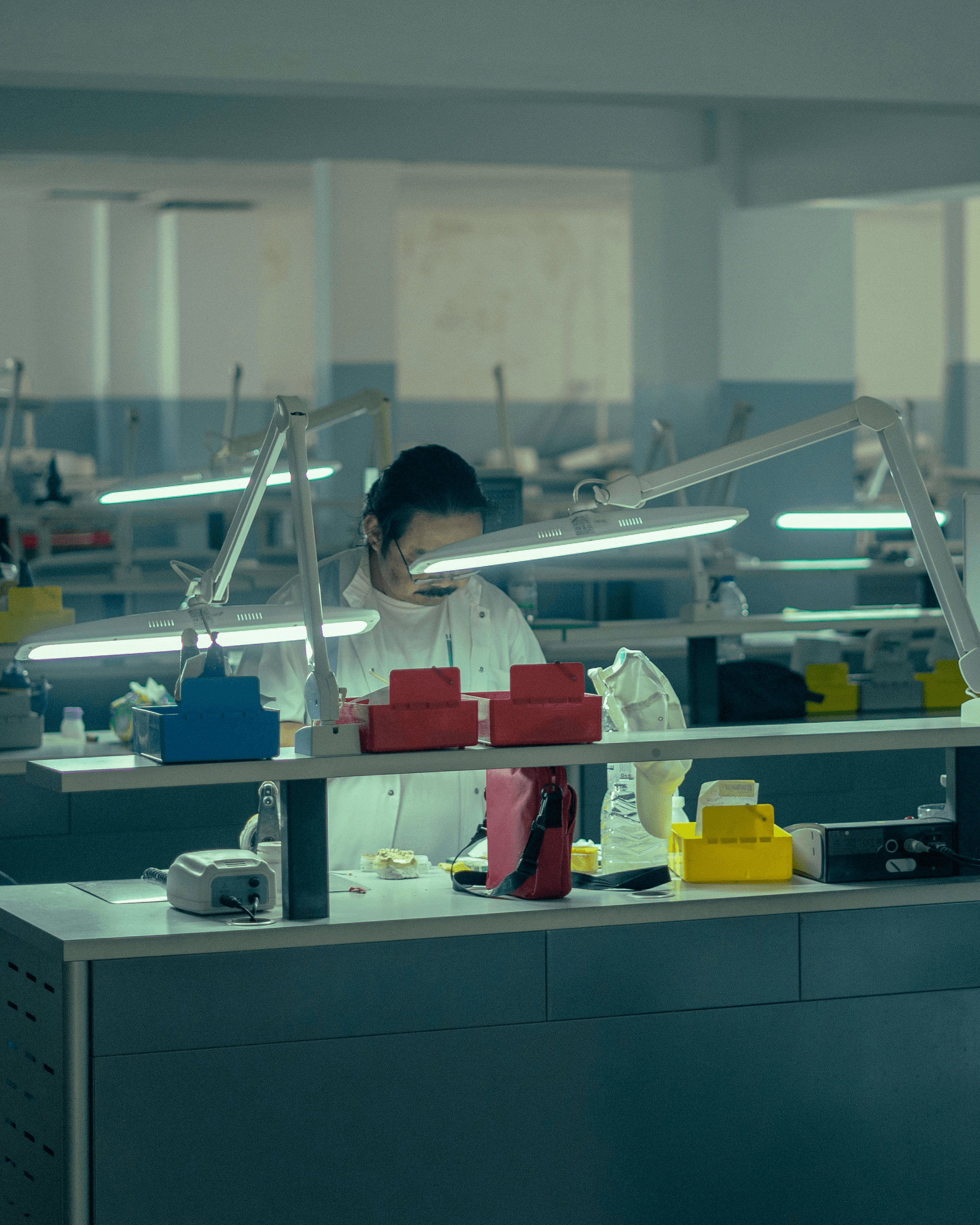
Highlights of China Inspection Pro
China Inspection Pro has established itself as a prominent consumer product testing company, particularly known for its comprehensive services tailored for various industries. This lab specializes in quality control and compliance testing, helping businesses navigate the complex landscape of Chinese manufacturing regulations. Their focus on customer service and efficiency makes them a go-to choice for companies looking to ensure their products meet international standards.
One of the standout features of China Inspection Pro is its ability to provide swift turnaround times without compromising accuracy. With a team of experienced professionals, they conduct thorough inspections and tests across diverse categories, from textiles to electronics. By leveraging local expertise, they empower brands to enhance their market presence while minimizing risks associated with product failures.
Furthermore, China Inspection Pro emphasizes transparency throughout its processes, offering clients detailed reports that highlight potential areas for improvement. This commitment not only bolsters consumer trust but also ensures that businesses remain compliant with evolving regulations. In an ever-changing market landscape, partnering with a reliable consumer product testing company like China Inspection Pro can be a strategic advantage.
An Overview of Intertek
Intertek is another powerhouse in the realm of consumer product testing companies, boasting an extensive global network and decades of experience in quality assurance services. With over 1,000 laboratories worldwide, Intertek provides unparalleled access to specialized expertise across numerous sectors including food safety, textiles, and electronics. Their mission revolves around enhancing product safety and performance while fostering innovation for their clients.
A key strength of Intertek lies in its commitment to sustainability; they actively promote eco-friendly practices within their testing processes. This forward-thinking approach resonates well with modern consumers who prioritize environmentally responsible choices when selecting products. By offering certifications that reflect sustainable practices, Intertek helps brands gain a competitive edge while appealing to conscious consumers.
Moreover, Intertek's robust data analytics capabilities allow them to deliver actionable insights that inform product development strategies for their clients. The combination of cutting-edge technology and industry know-how positions Intertek as a trusted partner for any business aiming for excellence in quality assurance and compliance within today’s dynamic marketplace.
Spotlights on SGS
SGS stands tall among leading consumer product testing companies thanks to its rich history spanning over 140 years in inspection and verification services worldwide. Known primarily for its rigorous testing protocols and adherence to international standards, SGS offers comprehensive solutions aimed at safeguarding public health while optimizing client operations across various industries such as automotive and healthcare.
What sets SGS apart is its unwavering dedication towards innovation; they are continuously investing in advanced methodologies that enhance both efficiency and accuracy during evaluations—think AI-driven analytics! This commitment allows them not just meet but exceed client expectations when it comes down delivering precise results swiftly without sacrificing detail or thoroughness.
Additionally, SGS prides itself on fostering long-term partnerships with clients through personalized service offerings tailored specifically towards unique business needs—making sure no one feels left out! When searching for an exemplary partner among consumer product testing companies who prioritize both quality assurance AND customer satisfaction equally high up on their list—look no further than SGS!
Importance of Quality Assurance and Control
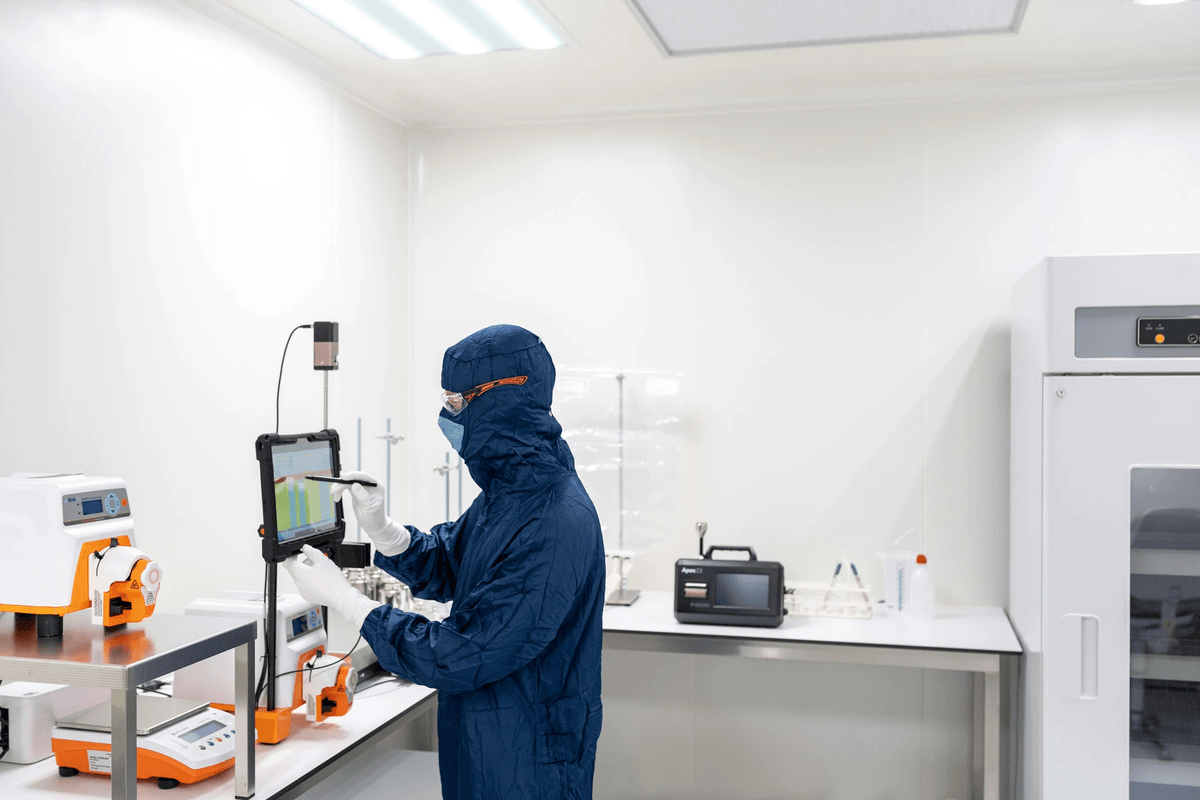
In the competitive landscape of consumer goods, quality assurance and control are not just buzzwords; they are essential components that can make or break a product's success in the marketplace. A reliable consumer product testing company plays a pivotal role in ensuring that products meet safety standards and regulatory requirements, which is crucial for both manufacturers and consumers alike. By implementing rigorous quality assurance processes, companies can minimize risks associated with product failures, leading to enhanced reputation and increased market share.
Ensuring Product Safety and Compliance
Safety is paramount when it comes to consumer products, and a dedicated consumer product testing company ensures that every item meets established safety standards before hitting the shelves. These labs meticulously evaluate products for compliance with local and international regulations, helping manufacturers avoid costly recalls or legal issues down the line. By prioritizing safety through thorough testing, companies not only protect consumers but also fortify their own brand integrity.
Building Consumer Trust and Satisfaction
In an era where consumers are increasingly discerning about what they purchase, trust is a currency that cannot be understated. A reputable consumer product testing company contributes significantly to building this trust by certifying that products have undergone rigorous evaluations for quality and safety. When consumers see trusted certifications on packaging or advertisements, their confidence in the brand grows—leading to higher satisfaction levels and repeat purchases.
Mitigating Risks of Product Failures
Product failures can be disastrous—not just financially but also in terms of brand reputation. Engaging with a competent consumer product testing company helps mitigate these risks by identifying potential flaws before they reach the market. By investing in quality control measures early on, businesses can save themselves from negative publicity while ensuring that their customers receive only the best possible products.
How Testing Labs Conduct Evaluations
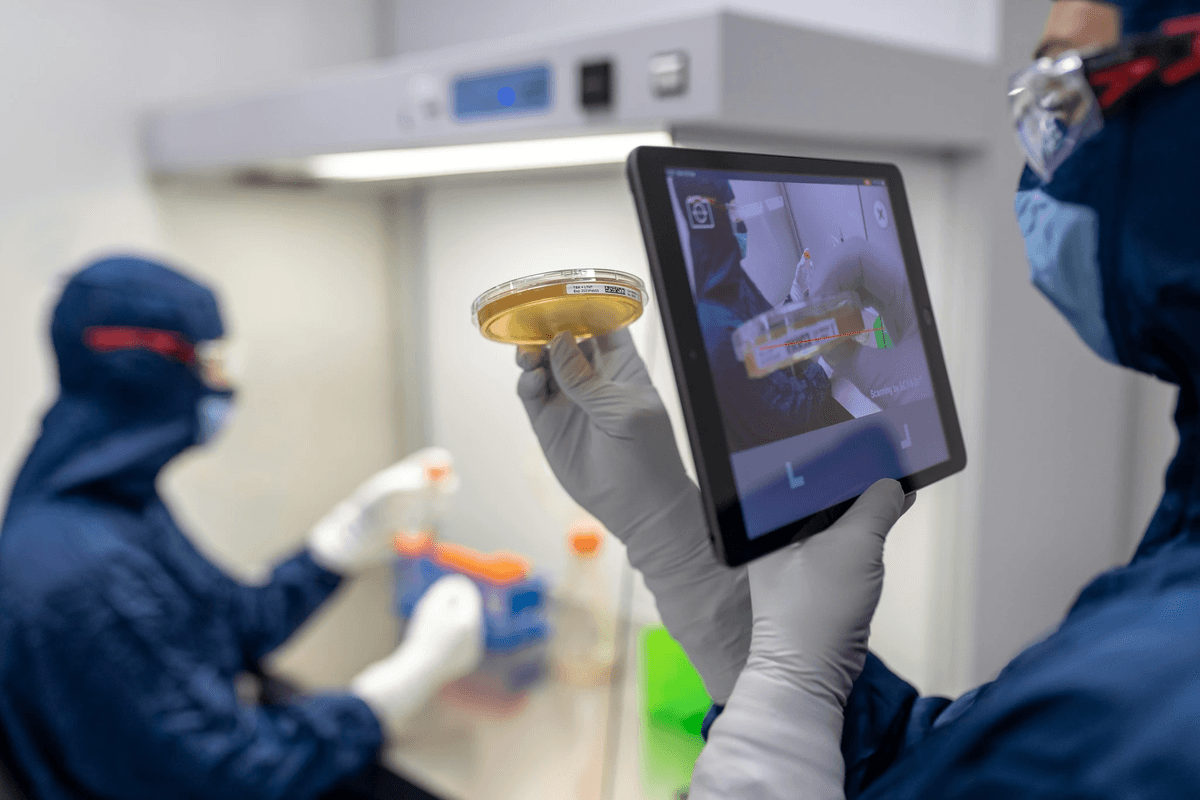
When it comes to ensuring that products meet safety and quality standards, consumer product testing companies play a pivotal role. These labs utilize a structured laboratory testing process to evaluate everything from toys to electronics, ensuring that they comply with regulatory requirements and consumer expectations. By adhering to rigorous protocols, these labs not only safeguard consumers but also help manufacturers avoid costly recalls.
The Laboratory Testing Process
The laboratory testing process involves several key steps designed to assess a product's performance and safety comprehensively. Initially, the product undergoes a thorough inspection where its design and materials are evaluated against established standards. Following this, various tests are conducted in controlled environments, simulating real-world conditions to determine how the product will perform under stress or use.
Testing labs often employ specialized equipment to measure specific attributes such as durability, chemical composition, and electrical safety. This meticulous approach ensures that every aspect of the product is scrutinized before it reaches the market. Once testing is complete, results are compiled into detailed reports that provide critical insights for both manufacturers and consumers alike.
Real-World Testing Scenarios
Real-world testing scenarios offer invaluable insights into how products function outside of the lab environment. Consumer product testing companies often recreate everyday situations that consumers might encounter when using a product; this could include exposure to extreme temperatures or repeated use over time. Such simulations help identify potential weaknesses or hazards that may not be apparent during standard lab tests.
By mimicking actual usage conditions, these evaluations can reveal unforeseen issues related to user experience or safety concerns that could arise once the product is in consumer hands. This proactive approach significantly enhances the reliability of test results and helps build trust between manufacturers and their customers. Ultimately, real-world testing scenarios bridge the gap between theoretical assessments and practical applications.
Data Analysis and Reporting
Once all tests have been conducted—both in controlled environments and real-world scenarios—the next step involves data analysis and reporting by consumer product testing companies. Advanced analytical tools are employed to interpret test results accurately; this data helps identify trends or anomalies that may require further investigation or action from manufacturers.
The final report generated provides comprehensive feedback on performance metrics along with recommendations for improvements if necessary—essentially serving as a roadmap for quality assurance moving forward. Transparency in reporting fosters accountability among manufacturers while equipping them with actionable insights aimed at enhancing their products’ safety profiles.
In summary, understanding how testing labs conduct evaluations reveals just how crucial they are in safeguarding consumer interests while promoting high-quality standards across industries.
Innovations in Product Testing
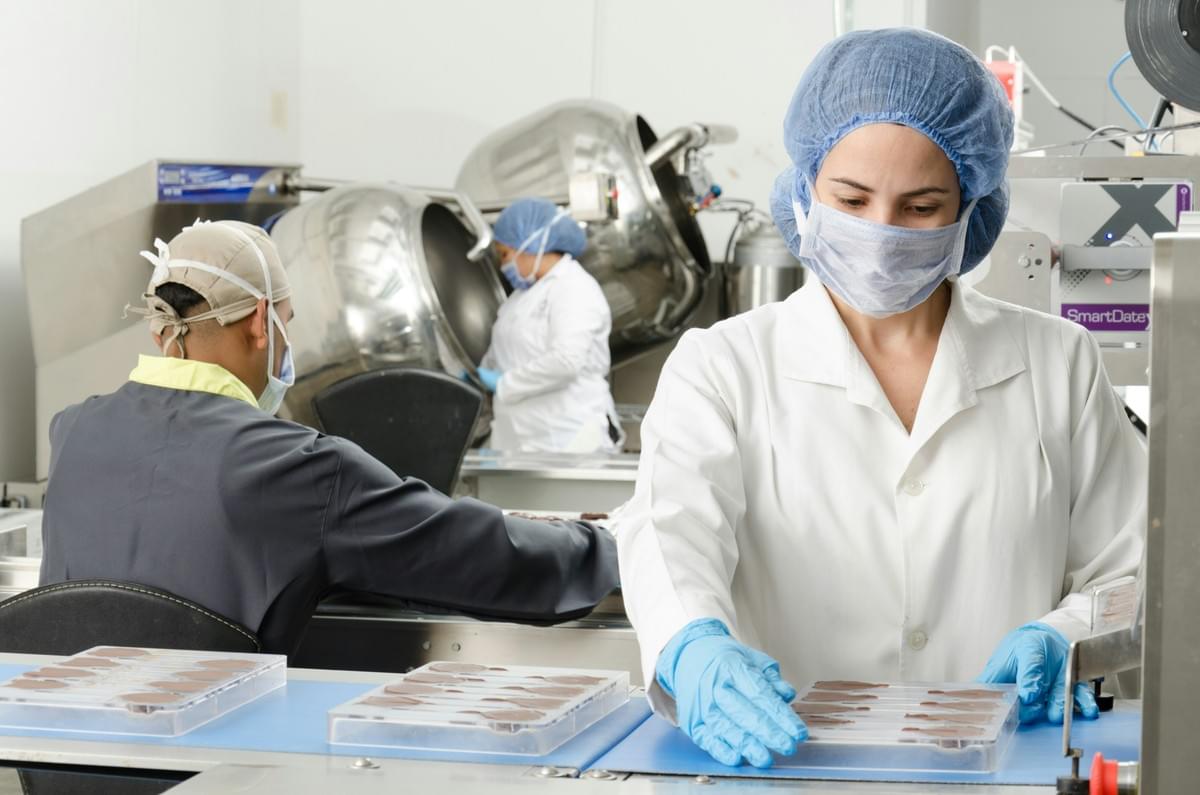
The landscape of consumer product testing is evolving at an unprecedented pace, driven by technological advancements and a growing emphasis on quality assurance. Testing companies are now embracing innovative tools and methodologies that not only enhance the accuracy of their evaluations but also streamline the testing process. As a result, consumers can expect safer products that meet their needs more effectively than ever before.
Advancements in Testing Technology
In recent years, consumer product testing companies have significantly upgraded their testing technologies to keep up with industry demands. From automated testing equipment to sophisticated simulation software, these advancements allow for more precise measurements and faster turnaround times. For instance, high-throughput screening methods enable labs to evaluate multiple samples simultaneously, ensuring efficiency while maintaining rigorous standards.
Moreover, the integration of advanced imaging techniques has revolutionized how defects are detected and analyzed. With tools like 3D scanning and infrared thermography, testing labs can identify issues that traditional methods might miss, leading to higher-quality products on the market. These technological strides not only bolster the reliability of results but also enhance the overall consumer experience through improved product safety.
The Impact of AI on Testing Efficiency
Artificial Intelligence (AI) is making waves in various industries, and consumer product testing is no exception. By implementing AI algorithms into their processes, testing companies can analyze vast amounts of data with remarkable speed and accuracy. This capability allows labs to predict potential failures before they occur—an invaluable asset for manufacturers aiming to mitigate risks.
Furthermore, AI-driven analytics provide insights that help improve existing products while guiding the development of new ones. With machine learning models continuously refining themselves based on historical data, consumer product testing companies can ensure they stay ahead of trends and compliance requirements in real-time. This not only enhances efficiency but also fosters a culture of continuous improvement within organizations.
Emerging Trends in Quality Assurance
As we look toward the future of quality assurance in consumer product testing, several noteworthy trends are beginning to emerge. One such trend is an increased focus on sustainability; many companies are now incorporating eco-friendly practices into their testing protocols as consumers demand greener products. This shift not only aligns with global sustainability goals but also positions brands as responsible players in their respective markets.
Another trend gaining traction is remote monitoring during production processes—a game changer for quality control efforts across various industries. By employing IoT devices connected to centralized databases, manufacturers can track parameters continuously and receive alerts when deviations occur during production runs. This proactive approach ensures that any potential issues are addressed promptly before they escalate into costly recalls or safety concerns.
In conclusion, innovations in technology—particularly AI—and emerging trends such as sustainability are reshaping how consumer product testing companies operate today and will continue doing so tomorrow. As these advancements unfold alongside heightened expectations from consumers for safety and quality assurance, both manufacturers and consumers stand to benefit immensely from this evolving landscape.
Conclusion
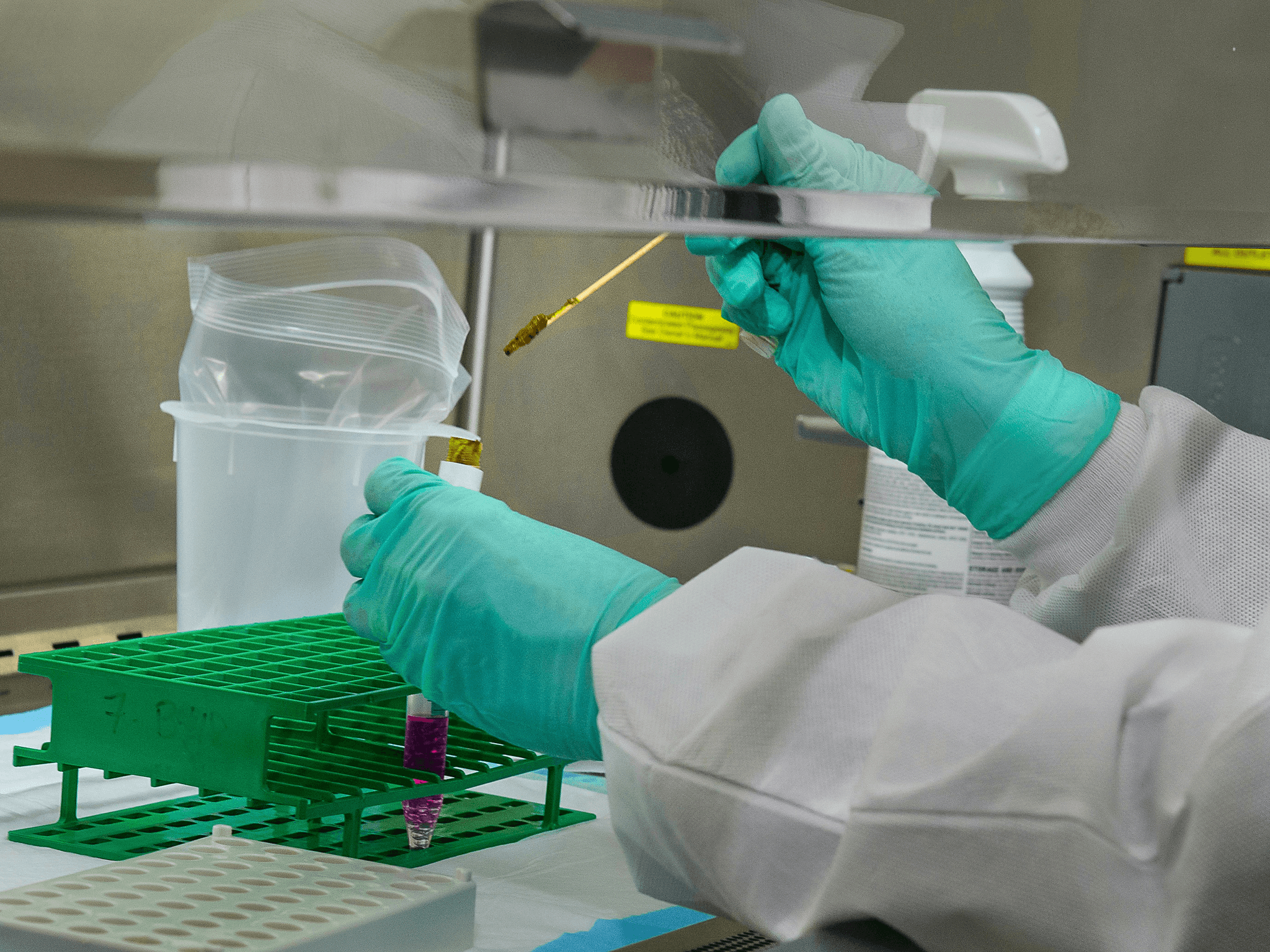
In the ever-evolving landscape of consumer goods, the role of consumer product testing companies has never been more crucial. As consumers become increasingly aware of safety and quality, rigorous testing processes ensure that products not only meet but exceed expectations. This commitment to quality assurance is essential for fostering trust and loyalty in an increasingly competitive market.
Enhancing Consumer Confidence Through Testing
Consumer confidence hinges on the reliability of products they purchase, making effective testing indispensable. When a consumer product testing company rigorously evaluates items for safety and efficacy, it sends a clear message: quality matters. This transparency not only reassures consumers but also empowers them to make informed purchasing decisions, leading to increased satisfaction and repeat business.
The Future of Quality Control in Industry
The future of quality control is bright, with advancements in technology paving the way for more efficient testing methods. Consumer product testing companies are now leveraging artificial intelligence and machine learning to enhance their evaluation processes, ensuring faster results without compromising accuracy. As industries continue to embrace innovation, we can expect even higher standards in product safety and compliance.
Choosing the Right Testing Partner
Selecting the right consumer product testing company is a pivotal decision for any business aiming to succeed in today’s marketplace. Companies should consider factors such as reputation, accreditation, and specialization when evaluating potential partners. By choosing wisely, businesses can ensure that their products not only comply with regulations but also resonate with consumers’ expectations for quality and safety.
